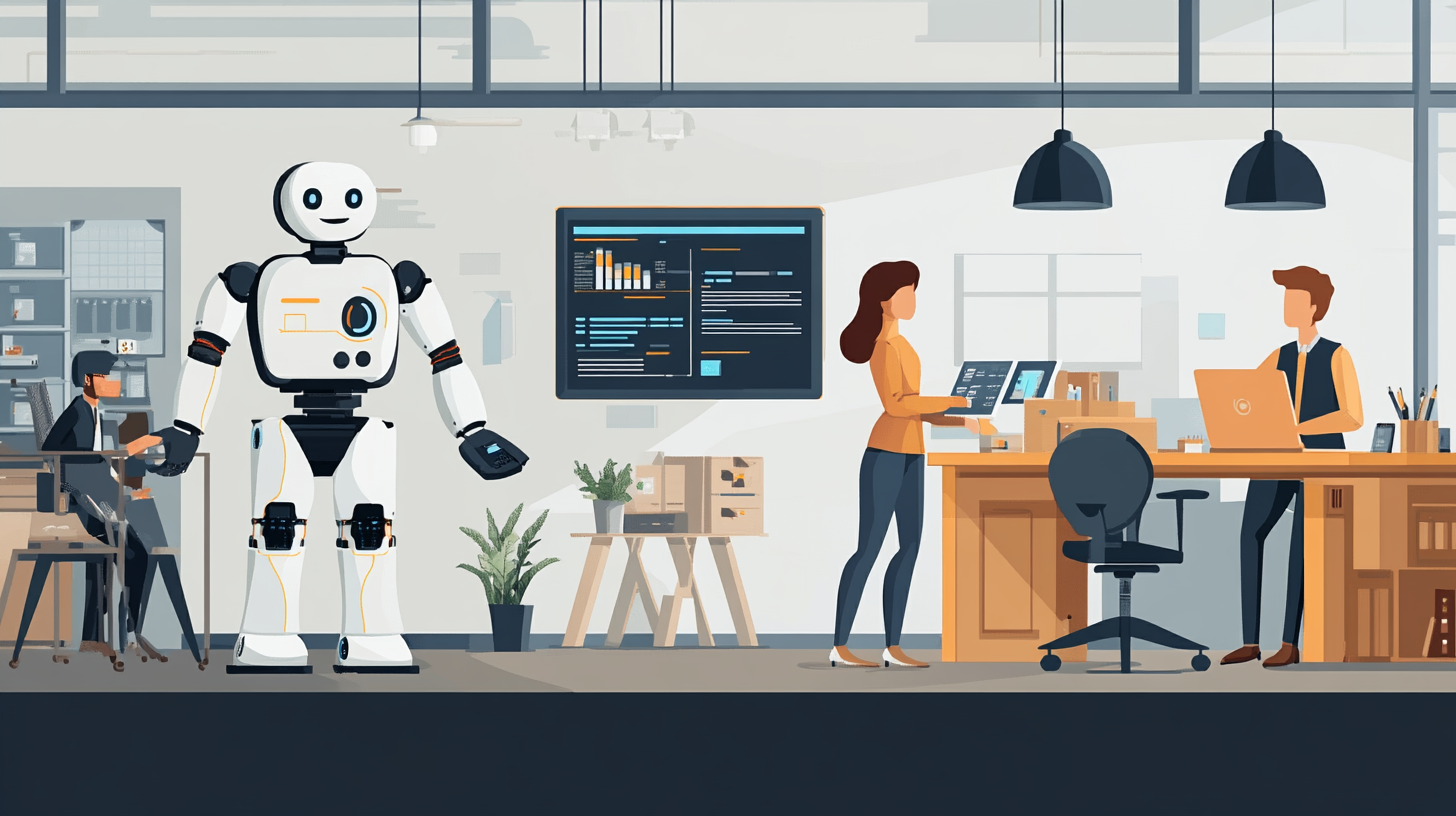As we enter the second half of 2024, the rapid advancement of artificial intelligence (AI) and automation continues to reshape the workplace landscape. Rebekah Wallis, Director of People and ESG at Ricoh UK, shares insights on how these technologies are transforming workplace culture and how HR can effectively manage the evolving employee experience.
The AI Revolution in the Workplace
The integration of AI and automation across various industries presents both opportunities and challenges:
- Potential to enhance job satisfaction, employee engagement, and productivity
- Need for organizations to equip employees with the right skills to harness new technologies
- Transformation of specific job roles and daily tasks
Bridging the Governance Gap
Recent research by Ricoh reveals:
- 48% of European workers regularly use AI tools like ChatGPT
- 18% use AI tools more than once a day
- Only 16% of companies offer training on utilizing AI tools
This gap in governance and training presents risks:
- Missed productivity and business benefits
- Potential cybersecurity and copyright issues
- 67% of employees feel they need to learn more about AI benefits before using these tools at work
HR’s Role in the AI Era
As we move into 2024, HR leaders must:
- Invest in employee training on proper AI tool utilization
- Help close the digital skills gap in the tech industry
- Evaluate and determine the right approach for AI integration
Impact of Automation on Workplace Culture
Automation affects various aspects of workplace culture and employee wellbeing:
- Streamlines repetitive and time-consuming tasks
- Frees up time for creative and rewarding projects
- Fosters a sense of purpose, fulfillment, and wellbeing at work
The Technology-Culture Connection
Workplace culture is influenced by many factors, including:
- Physical workstation
- Office hours
- People and leadership styles
- Access to technology
Outdated or misaligned technology can significantly impact office productivity and efficiency.
The Administrative Burden
Ricoh’s research shows:
- 39% of employees’ time is occupied with administration or overcoming technology issues
- This leaves less time for value-adding projects
Benefits of Workflow Automation
Modern workflow automation solutions offer advantages such as:
- Cost-effectiveness
- Simplicity
- Accessibility for businesses of all sizes
Preparing for the Future of Work
To stay competitive in the evolving digital landscape, HR teams should:
- Proactively prepare for AI and automation integration
- Equip employees with necessary digital skills and confidence
- Embrace automation to improve employee welfare and boost productivity
Key Takeaways for HR Professionals
- Invest in AI and automation training programs
- Assess current administrative burdens and identify automation opportunities
- Consider the impact of technology on overall workplace culture
- Foster a culture of continuous learning and adaptation
- Balance technology integration with employee well-being and job satisfaction
By embracing these strategies, organizations can create a workplace culture that leverages the power of AI and automation while enhancing employee experience and productivity.

